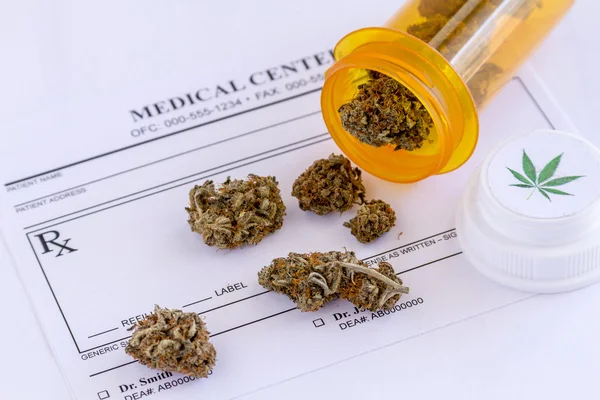
Cannabis is still forbidden in most countries in Asia, such as Malaysia and Indonesia. According to sources in the industry, Cambodia, the Philippines, Laos, and Vietnam, several businesses have expressed interest in establishing cannabis industries. And in Thailand, the marijuana business is pressuring the Thai government to legalize marijuana for recreational purposes.
One idea calls for a “cannabis sandbox” where only restricted recreational usage would be permitted in tourist regions. Perhaps other nations in the region will do the same. Thailand intends to increase its capacity by giving away millions of plants to households all around the country. However, products will only be allowed to contain up to 0.2 percent of THC, the psychoactive substance that causes consumers to feel high.
In Thailand, hospitals will be able to offer medical marijuana for a variety of ailments, and restaurants will be able to include cannabis in their recipes for food and drinks despite the continued prohibition on recreational use, including jail time and fines. Thai officials are hoping that cannabis cultivation will strengthen the nation’s agricultural sector, provide additional medical treatments, and boost the restaurant, bar, and tourism industries, which jumped on the decriminalization bandwagon in other areas of the world.
Meanwhile, yesterday in Japan, September 29, a group appointed by the Japanese health ministry proposed amending the country’s drug laws to permit the importation and use of medical marijuana products. The committee stated in a report that the suggestion was based on satisfying medical needs and harmonizing Japan with changing international standards. The change would apply to marijuana products whose efficacy and safety have been established under regulations for drugs and medical equipment.
The importation, production, and use of illegal substances are all strictly prohibited under Japanese law. In contrast to 20–40% in Western nations, the committee’s report indicated that only 1.4% of adults in Japan had ever smoked marijuana. According to the report, changes to the law would be required to allow for the use of Epidiolex, an epileptic medication made from cannabis that is now undergoing clinical trials in Japan.
Based on 29,802 articles on the subject, including US studies from 2016 to 2019, research on the health benefits of medicinal cannabis shows that it has moderate to high quality of evidence of effectiveness and safety in conditions where its use is permitted. In 2021, the global market for medical cannabis is expected to reach $37.4 billion. In Asia, which is only beginning to legalize cannabis, $158.9 million, or P8.7 billion, was spent on medicinal cannabis in Israel in just 2020.
References:
https://theaseanpost.com/geopolitics/2022/jun/22/thailand-cannabis-drug-war-weed-curries
https://www.japantimes.co.jp/news/2022/09/29/national/science-health/medical-cannabis/





